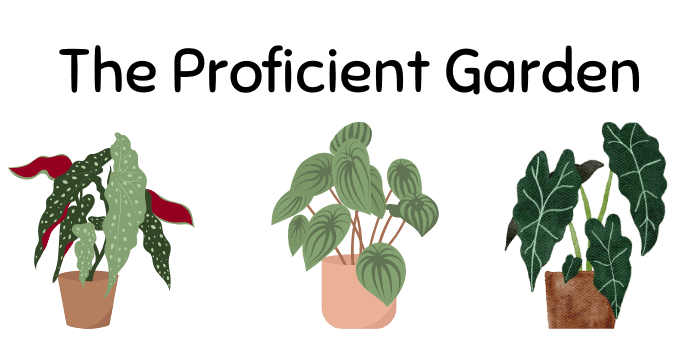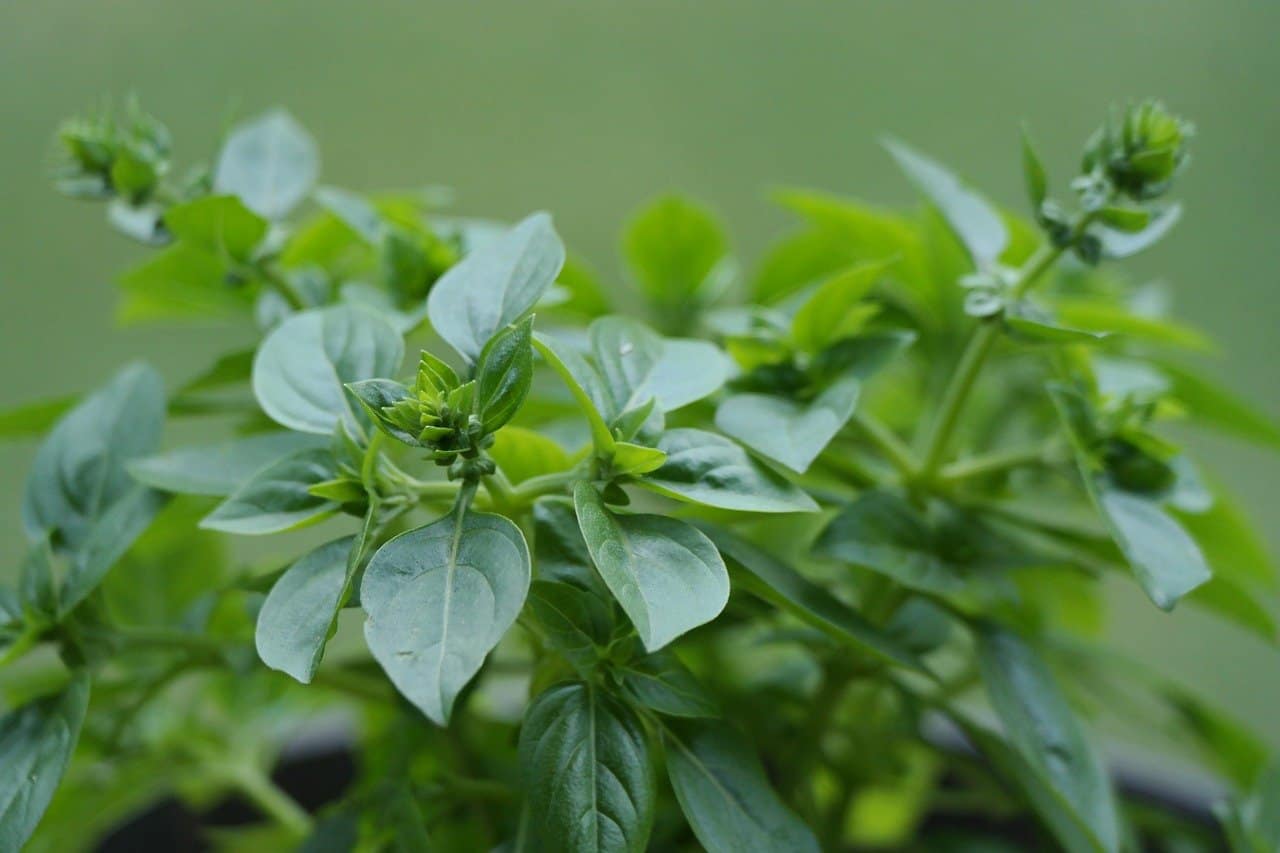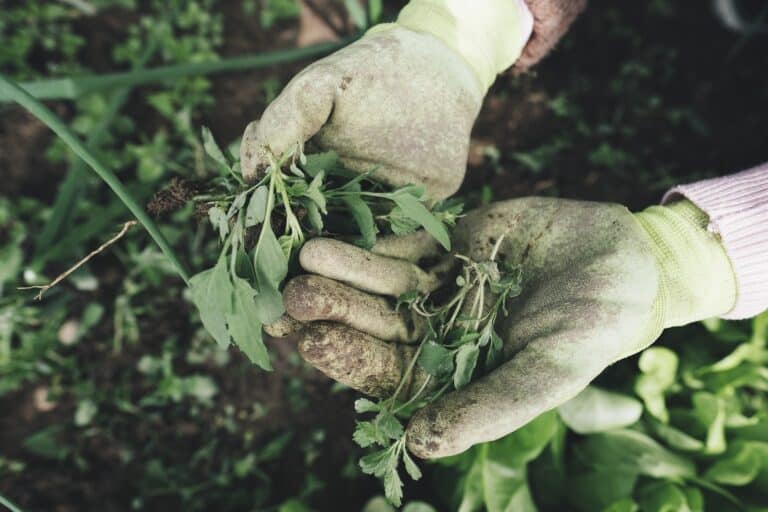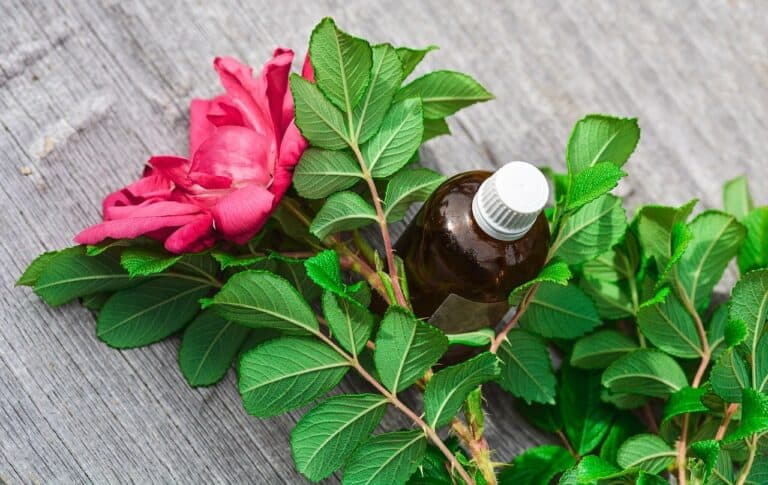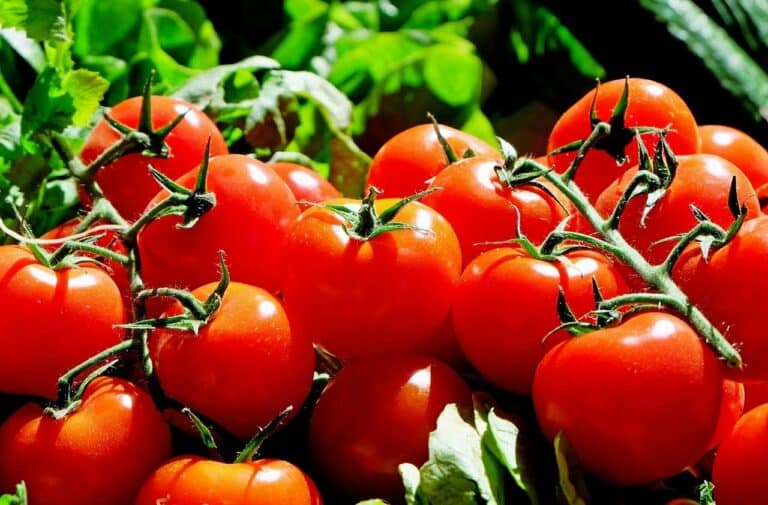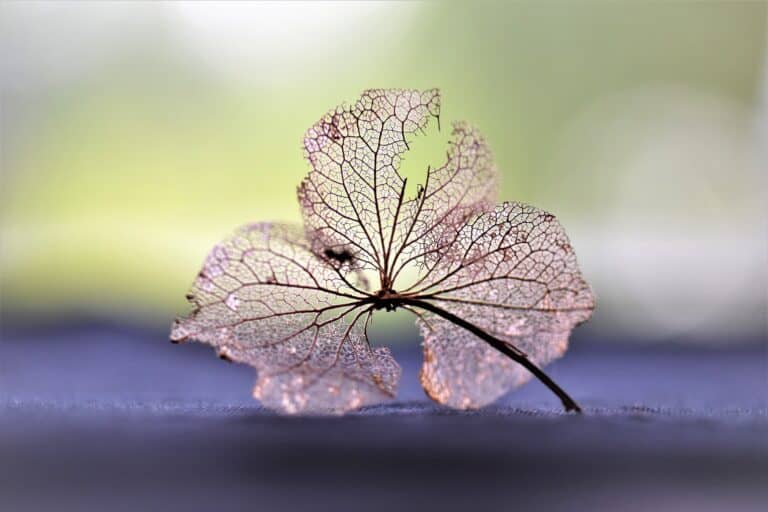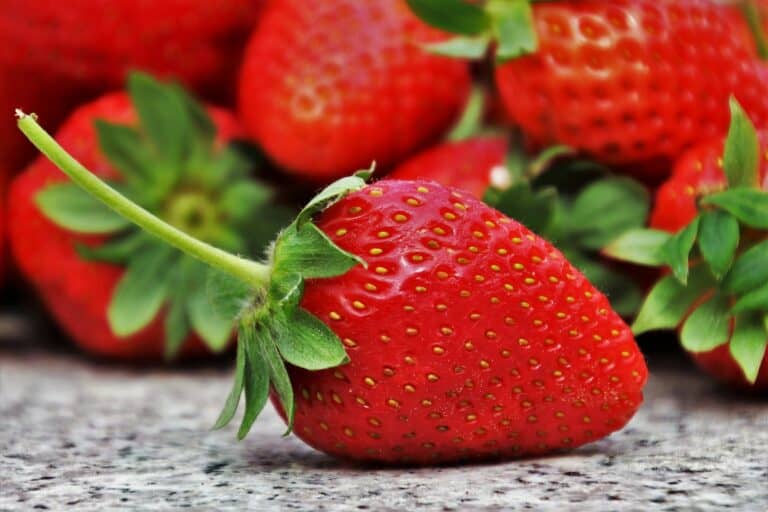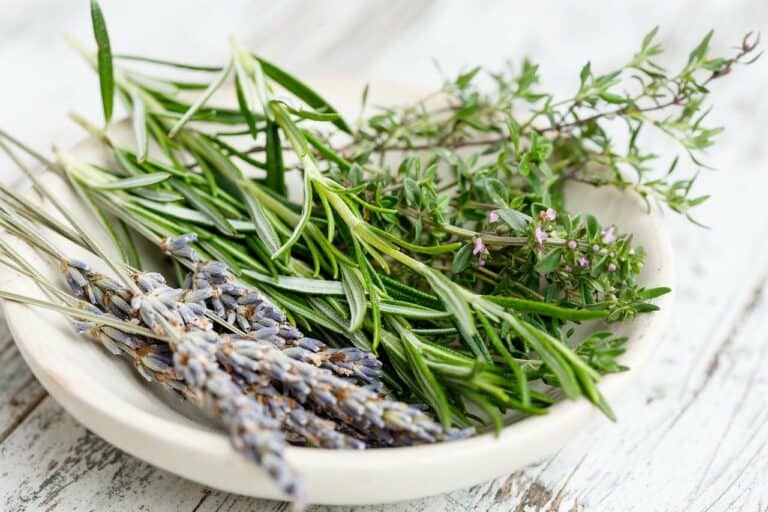What Exactly Is Oregano?
What Exactly Is Oregano? Who hasn’t heard of Oregano, a lovely aromatic herb that is one of the most well-known and widely used in the world today? From the marjoram family of herbs (L. origanum marjorana), but should not be confused with Spanish Wild Marjoram (L. Thymus mastichina), which is similar but of lower quality.
Oregano is a mint or Lamiaceae family herb. For thousands of years, people have used it to flavor foods and treat medical conditions. It is based on the Mediterranean diet.
Oregano was associated with joy and happiness by the Greeks and Romans. The name is derived from the Greek words “oros,” which means “mountain,” and “ganos,” which means “joy.”
Oregano is a Mediterranean herb that is now grown all over the world. It is a perennial flowering herb that grows best in full sun. Plants can be produced from the seeds, and their strength and character can vary depending on regional climate conditions, as with other plants and oils.
Some regions will produce a wider variety with a more robust aroma, while others will make a milder scent and flavor.
Uses and Advantages
Oregano is primarily used in cooking, particularly in Italian households, and comes in various flavors. This is our favorite because it has a more substantial presence than the others.
It’s a necessary component of tomato sauces, and a pizza without Oregano lacks soul. It is popular in Spanish and Mexican cooking, but it is also used in Greek and Turkish cuisines worldwide.
Oil of Oregano is another product of the Origanum vulgare plant. It has a high concentration of beneficial compounds found naturally in the plant and can be taken orally. This is what is contained in capsules. But we’re interested in the much more concentrated essential oil derived from the plant’s flowering tops and leaves, which should never be taken orally because it’s an irritant.
Steam distillation is used to create Oregano Essential Oil. The Egyptians used it as a bath oil, and the Greeks planted it in cemeteries to bring peace to the spirits of the dead. It was used in cooking and medicine, and it was thought to help treat tuberculosis. Indeed, it gained a reputation as a remedy for chest complaints and was cultivated for this purpose by 13th-century monks. It was also used in love potions, though most likely not by monks.
It has long been used as a folk remedy for digestive problems such as acidity and wind. It is said to have a soothing and tonic action on nervous stomach disorders and the ability to calm intestinal spasms. As previously stated, it is useful in the treatment of respiratory problems, such as colds, bronchitis, asthma, and whooping cough. It stimulates the mind, acts as a nerve tonic, and can relieve headaches.
It can aid in the relief of rheumatic aches and pains as well as the treatment of insect stings and bites, especially if an infection is present. However, caution should be exercised because this oil tends to irritate the skin.
Using Essential Oils of Oregano
One of the most common ways to use Oregano essential oil is to add a few drops to a diffuser; its aroma will permeate the air with a subtle smell of the herb, leaving your home feeling scrubbed clean and serene. However, because this oil can irritate mucous membranes, it should not be diffused for more than 30-40 minutes. I’ve had great aromatic success combining essential oregano oil with other oils, such as frankincense. Try experimenting with different oils to see how they blend; pine, lavender, and cedarwood are excellent options.
• To deter bugs and flies, add a few drops to strips of fabric and hang them over an open window.
You can find capsules and tablets of oregano oil for internal use if you search online or go to your local health food store; as previously stated, these contain oil of Oregano, which is a much weaker product.
Never substitute essential oils, and if you intend to take oregano oil as a supplement, please do not self-medicate. Before incorporating it into your routine, consult with your doctor. When I was first introduced to Oregano essential oil, a friend told me that it was great to put a couple of drops under my tongue to enjoy the blissful feeling this oil would create; I still can’t believe I did that after so many years; it was like drinking fire from a hose!
Remember that no essential oil should be taken orally; instead, consult your doctor!
